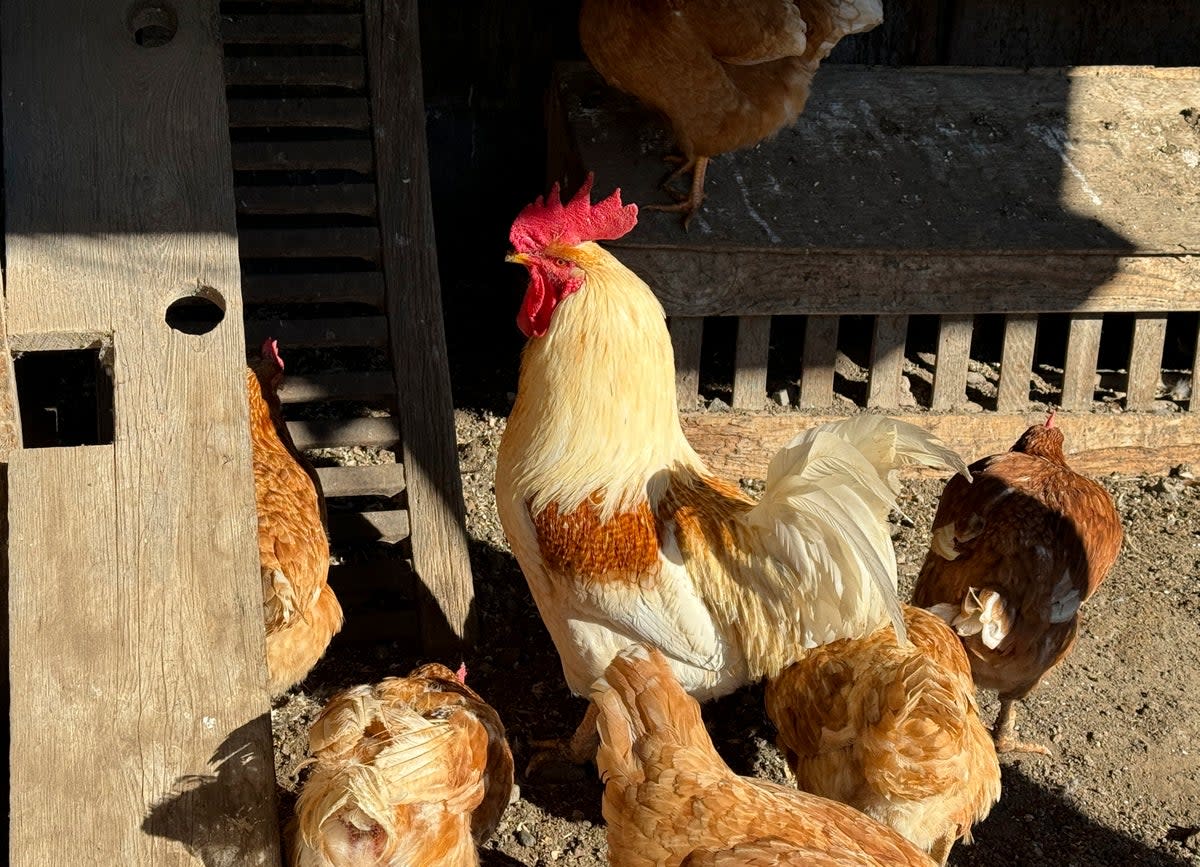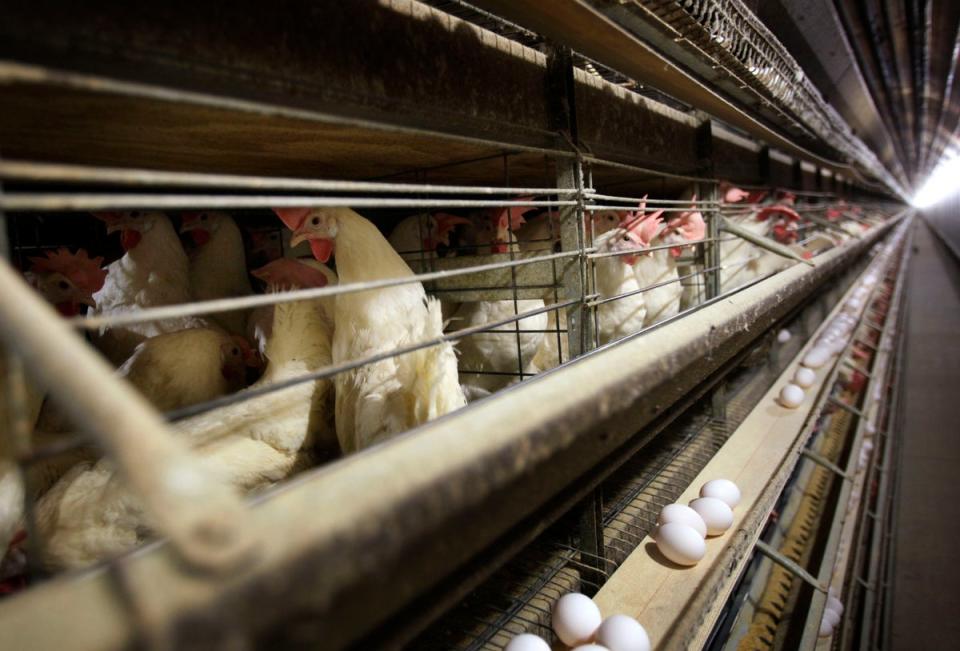Mexican man dies from first human infection of H5N2 bird flu

A Mexican man has died after becoming the first human to be infected with the bird flu virus H5N2, the World Health Organisation has confirmed.
The 59-year-old man died on 24 April after being admitted to a Mexico City hospital with multiple underlying medical conditions.
He was admitted after developing a fever, shortness of breath, diarrhoea, nausea and general discomfort on 17 April, the WHO said.
The source of the infection was not yet known, the UN agency said.
Although H5N2 viruses have been found in poultry in Mexico, indicating a potential link, the deceased person had no known history of exposure to poultry or other animals.
“This is the first laboratory-confirmed human case of infection with an influenza A (H5N2) virus reported globally and the first avian H5 virus infection in a person reported in Mexico,” the WHO said, adding that current risk to the general population from the virus was low.
Mexico’s health ministry said there was no evidence the virus was transmitted person-to-person.
All people linked to the deceased man were tested for the flu virus but none of them had it, the ministry added.
The man had prior health conditions, including chronic kidney disease and type 2 diabetes, and was bedridden for three weeks before the onset of acute symptoms.
"That immediately puts a person at risk of more severe influenza, even with seasonal flu," said Andrew Pekosz, an influenza expert at Johns Hopkins University.

Mexico has reported three poultry outbreaks of H5N2, most recently in March, but they were found to be unrelated to the outbreak of a different strain of bird flu in the US which infected three dairy farm workers.
Scientists around the world are on alert for any changes in the virus that may indicate bird flu is evolving to spread more readily among humans.
Other strains of bird flu have killed a number of people across the world in recent years. As many as 18 people were killed in China in 2021 after the outbreak of H5N6, according to the US Centers for Disease Control and Prevention.
Australia reported its first infection of H5N1 in May in a child travelling home to Victoria from India, but said there were no signs of transmission to other people.


